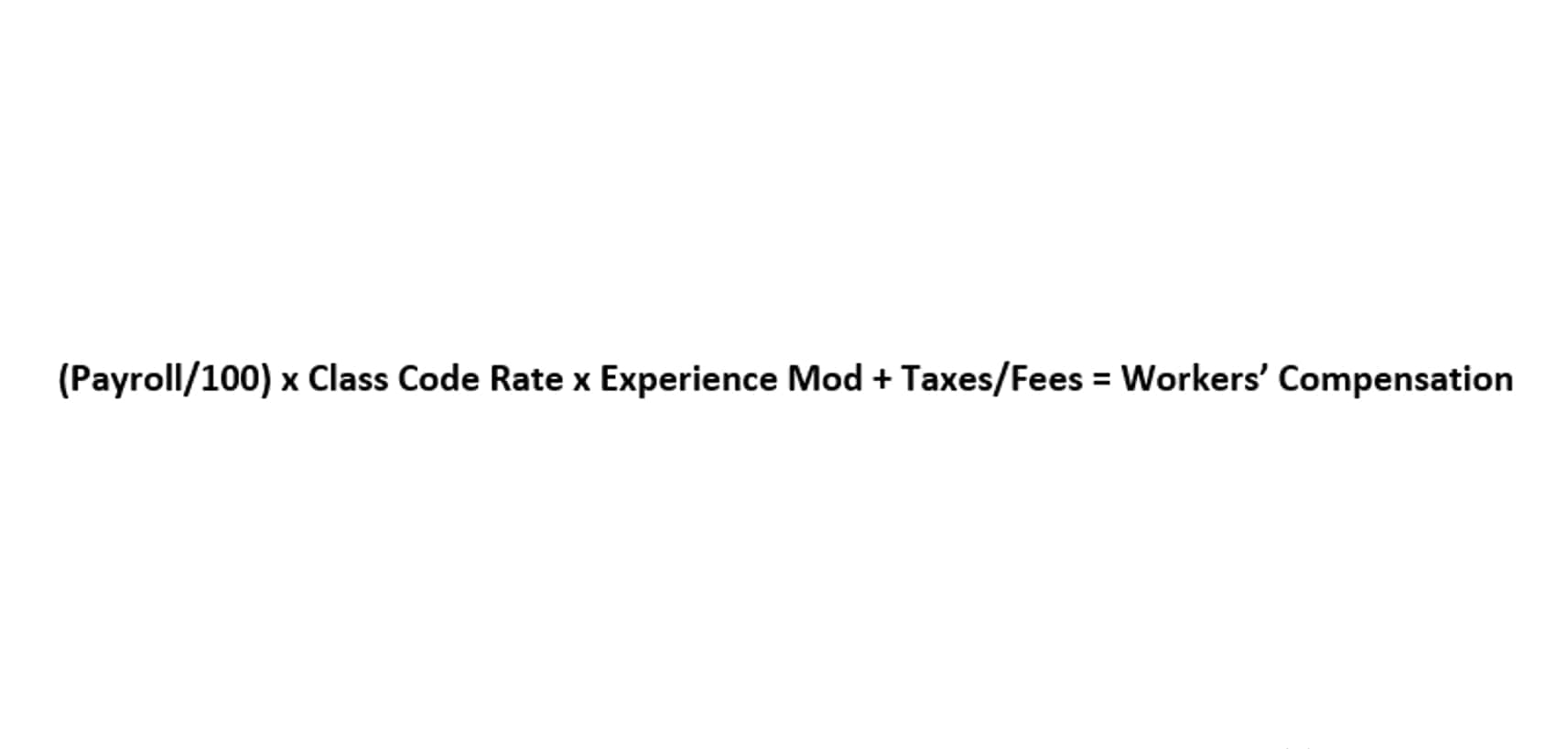
These reforms included converting three individual income tax brackets into one and moving from a top marginal rate of 4.25 percent to a single rate of 3 percent. The standard deduction will be adjusted annually for inflation beginning in 2026. Oregon’s tax system, including property tax, is a vital retained earnings component of the state’s infrastructure, funding essential public services and ensuring the well-being of its residents.
How to File a Tax Extension with Form 4868
The State of Oregon collects $6,498 in state and local tax collections per capita. Oregon has $10,214 in state and local debt per capita and has an 88 percent funded ratio of public pension plans. Oregon’s tax system ranks 30th overall on the 2025 State Tax Competitiveness Index. File an Oregon income tax return for the decedent if they had enough income to require filing for the part of the year they were alive or if they’re entitled to a refund.
- There is a minimum excise tax of $150 for S corporations and one between $150 and $100,000 for C corporations, based on Oregon sales.
- More information can be found on the Oregon Department of Revenue website.
- To avoid penalties, members should estimate their tax liability accurately and adjust payments for seasonal fluctuations or unexpected income changes.
- Ensure you mail your completed return to the appropriate address provided in the instructions to avoid any delays.
- Other tax laws or Oregon Department of Revenue rules may apply to your specific situation.
State Corporate Income Tax Rates and Brackets, 2025
- Oregon has a graduated corporate income tax, with rates ranging from 6.6 percent to 7.6 percent.
- Graduated corporate rates are inequitable—that is, the size of a corporation bears no necessary relation to the income levels of the owners.
- Benefits of e-Filing your Oregon tax return include instant submission, error checking, and faster refund response times.
- The total tax rate on any particular property is calculated by adding all the local taxing district rates in the area.
- While Oregon does not have a general sales tax, it does tax the sale of alcohol.
For those who have lived in Oregon for only part of the year or are nonresidents, the requirement to file depends on the income earned from Oregon sources. If you earned income in Oregon, you might need to file a return based on the amount of income earned and your overall gross income. As of January 1, 2025, New Hampshire repealed its interest and dividends tax, joining the group of seven other states with no individual income tax. In recent years, Congress has been tossing out tax breaks for the rich and corporations like confetti at a parade.

If you hold part of my refund and use it to pay an outstanding debt, how soon will I get my remaining refund?

The Department of Revenue provides worksheets, such as Form OR-10, to assist taxpayers, though penalties are automatically assessed when returns are processed. Oregon residents pay state tax on all LLC income, regardless of oregon income tax rate where it is earned. Nonresident members are taxed only on Oregon-sourced income, requiring careful apportionment if the LLC operates in multiple states.


Each taxing district has a fixed, permanent tax rate for operations which they may not increase. Voters can approve local option levies for up to five years for operations and up to 10 years or the useful life of capital projects, whichever is less. Voters can also approve bond levies, which are used exclusively to repay a bond used to fund capital projects. Measure 50 established the 1997–1998 maximum assessed value as 90% of a property’s 1995–1996 real market value. In subsequent tax years, the assessed value is limited to 3% annual growth until it reaches real market value.
- In January 2010, Oregon voters approved Ballot Measure 66, which made two permanent changes to personal income tax calculations.
- Single filers with an income between $70,000 and $100,000 can receive up to a $180 tax credit when contributing at least $720.
- Oregon allows deductions for business expenses like operating costs, depreciation, and retirement contributions.
- Homeowners 62 and older may qualify for Oregon’s property tax deferral program.
- The current standard deduction is $4,840 on joint returns, $2,420 on single and married filing separate returns, and $3,895 for a head of household return.
Oregon DMV fees
The total tax rate on any particular property is calculated by adding all the local taxing district rates in the area. The total tax rate is then multiplied by the assessed value of the property. The county assessor verifies the tax rates and levies submitted by each local taxing district on an annual basis. The county tax collector collects the taxes and distributes the funds to the local districts. There are 1,200 local taxing districts in Oregon, with property tax rates varying between each one. Tax collections are managed primarily by the 36 counties in Oregon, which assess property and calculate taxes owed.
Complete Guide to IRS Form 8283 for Noncash Charitable Contributions
This reduces the taxable income for the year, potentially leading to lower tax liabilities. Additionally, the funds in these retirement accounts grow tax-deferred, meaning that taxes on bookkeeping and payroll services investment gains are not paid until the money is withdrawn during retirement, ideally at a lower tax rate. Oregon was one of the first Western states to adopt a state income tax, enacting its current tax in 1930. It consists of four income tax brackets, with rates increasing from 4.75% to a top rate of 9.9%. Only a small subset of taxpayers actually pays that rate, however, as it applies only to single taxpayers making at least $125,000 a year ($250,000 for joint filers). The table below shows the full tax brackets and rates for the state income tax in Oregon.
State Individual Income Tax Rates and Brackets, 2025
Alternatively, an LLC can opt for C corporation taxation by filing Form 8832, subjecting it to corporate income tax at both federal and state levels. This option may benefit businesses looking to retain earnings or attract investors preferring a corporate structure. If you’re a full-year resident of Oregon, you must file a state tax return if your gross income exceeds the threshold for your filing status. For instance, if you’re single and your gross income surpasses a certain amount, you’re obligated to file.
